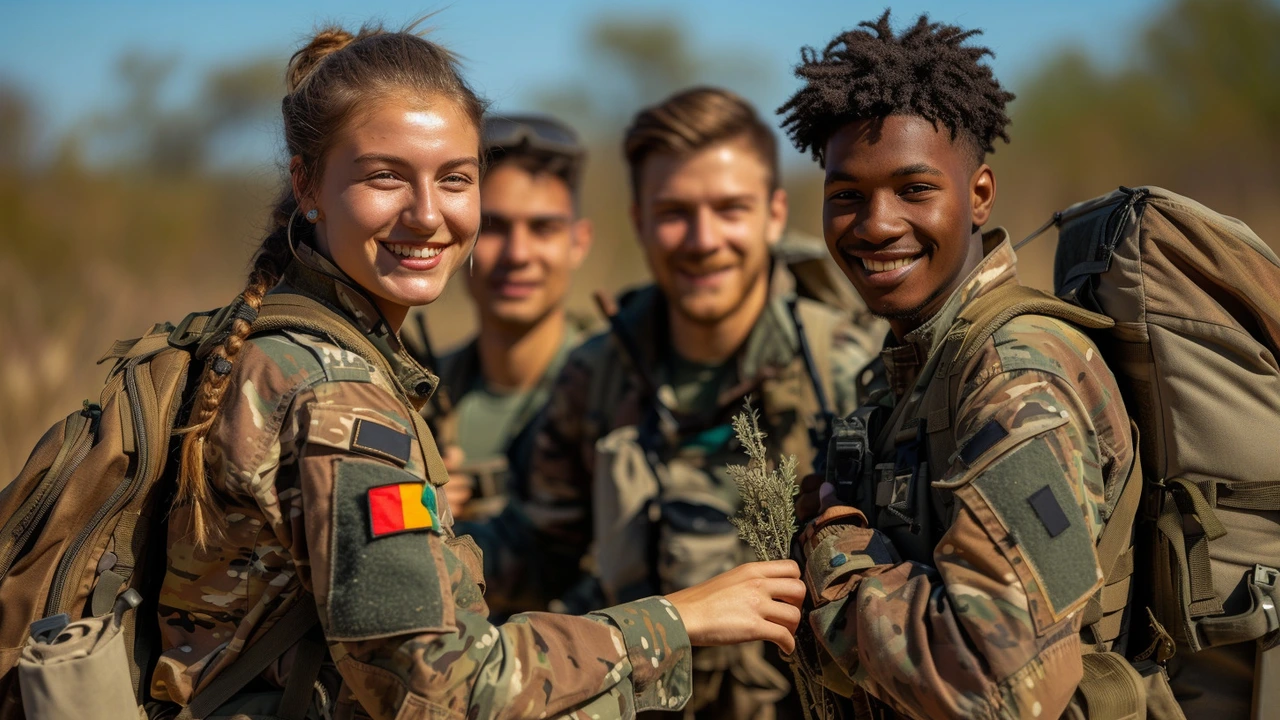Want to help keep people safe in conflict zones? A career in peacekeeping gives you that chance. You don’t need to be military — there are lots of civilian, police, medical, and project roles. This page gives clear, practical steps to get started and move up.
Peacekeeping teams need many skills. Typical roles: military officers, police advisers, human rights monitors, political analysts, logistics officers, medics, engineers, and community development experts. For civilian jobs a bachelor’s degree in international relations, law, public health, or development helps. For police or military tracks you usually need national service experience and your country’s endorsement for deployment.
Language skills matter. English and French are the most used languages in UN missions. Arabic, Spanish, Portuguese, or local languages can be strong advantages. Soft skills count too: cultural sensitivity, calm under pressure, teamwork, and negotiation are used every day.
1) Pick your path. Decide if you want a military/police role, a technical civilian job, or work with NGOs. Each path has different entry routes and timelines.
2) Build relevant experience. Work with local NGOs, join a national police or military reserve, volunteer in humanitarian projects, or take internships with UN agencies. Short field experience and project work will make your CV stand out.
3) Apply the right way. For UN jobs use the UN Careers portal. For volunteer roles check UN Volunteers. For national contingents contact your country’s defence or police ministry. For NGOs search their career pages and volunteer listings.
4) Prepare your application. Use clear, fact-based CVs and tailor your cover letter to the role. For UN posts, write examples that match the job’s competencies. Practice STAR-style answers (Situation, Task, Action, Result) for interviews and assessment centers.
5) Get training and certifications. Short courses in peace operations, protection of civilians, first aid, or project management help. Training centers and online courses can boost your profile and practical skills.
Deployment life is different from office jobs. Expect long rotations, basic living conditions, and limited connectivity. Health checks, vaccinations, and insurance are required. Safety training and mental health preparation are crucial.
Want to grow? Learn a new language, take leadership courses, and collect diverse field experiences. Specialize — human rights, DDR (disarmament, demobilization, reintegration), or logistics — and you become more valuable. Networking with alumni, trainers, and colleagues helps you hear about openings before they post.
Starting a career in peacekeeping takes time, but small steps add up. Pick one concrete action today: apply for a volunteer role, sign up for a short course, or contact your national recruitment office. That first move opens the next one.

As a blogger, I am continuously fascinated by the diverse careers out there. This particular post discusses peacekeeping, but it's evident that it's more than just a career, it's a life mission. Delving into the realities of this job, we explore the role, its challenges, and the emotional satisfaction it brings. This content is insightful whether you're considering this path or curious about international relations and the behind-the-scenes work that enables world peace.
